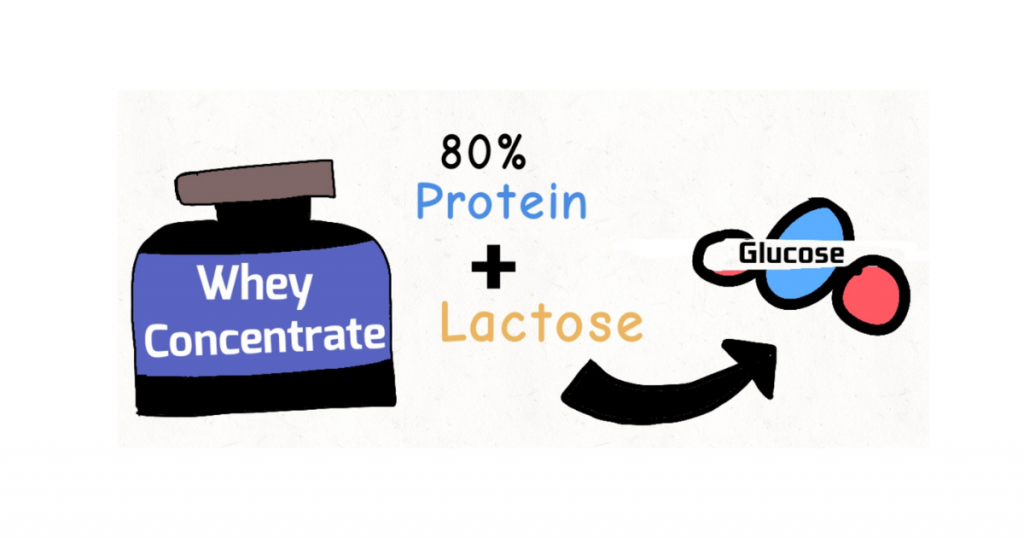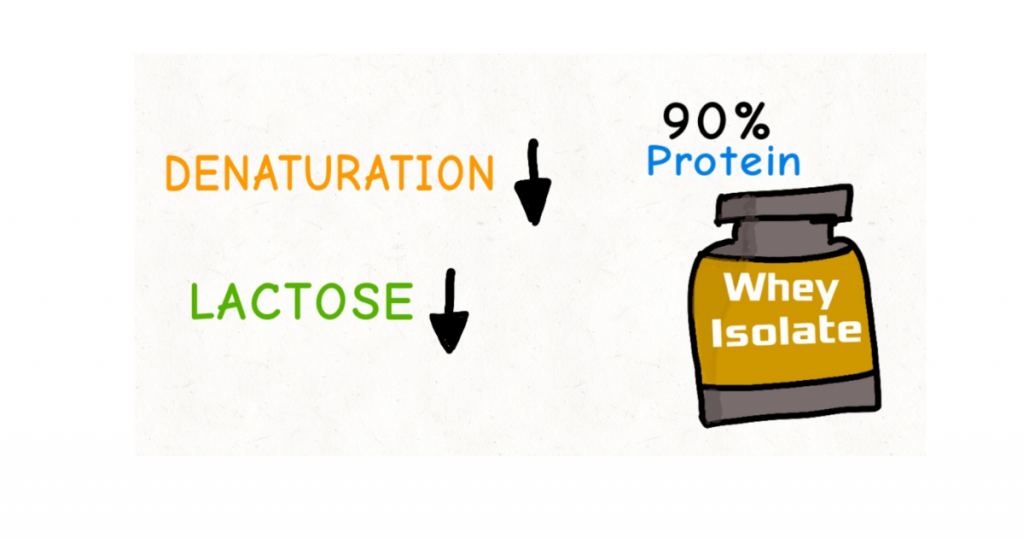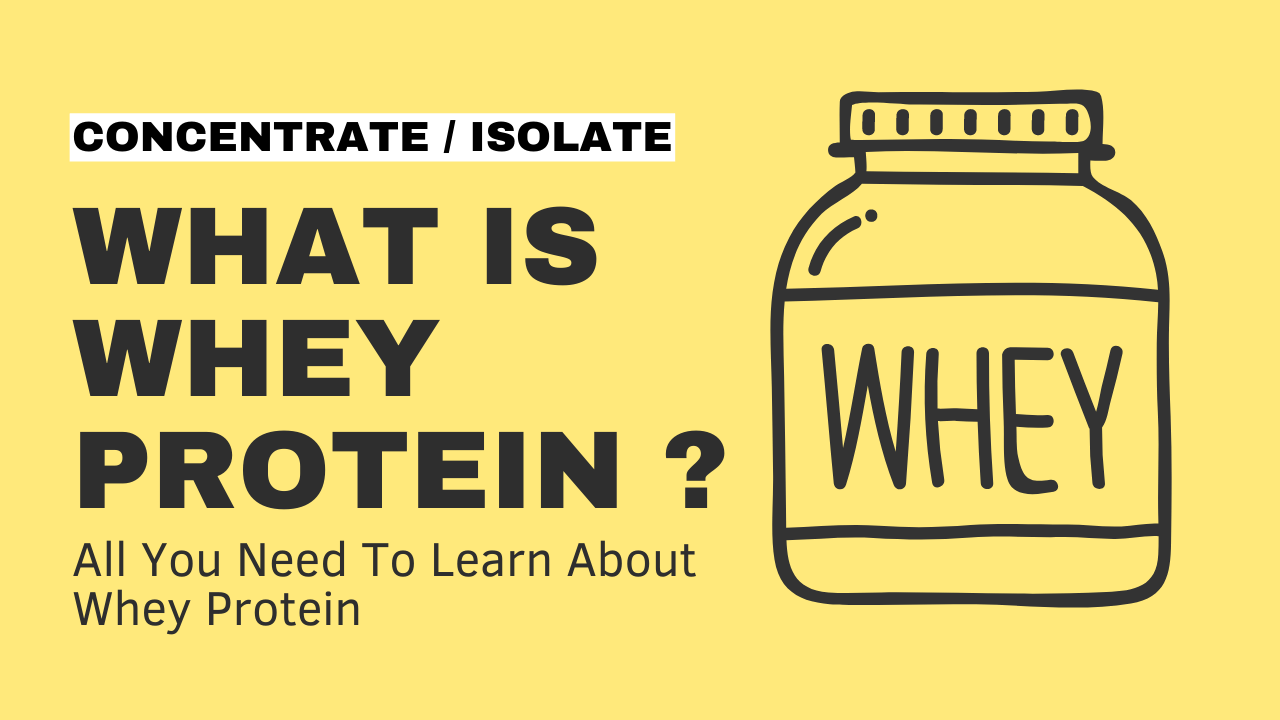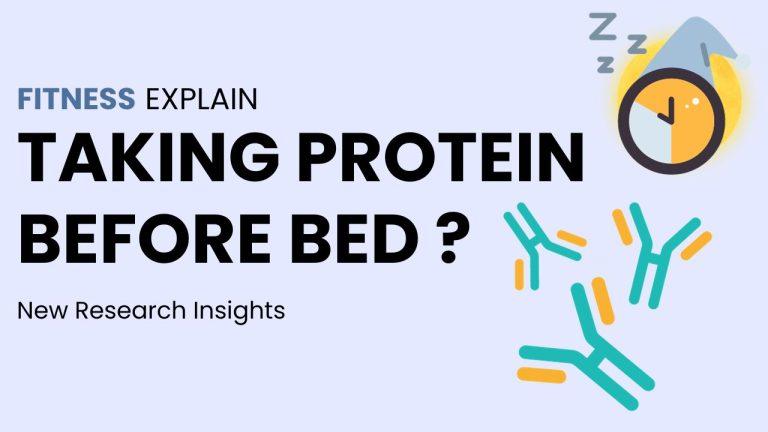Whey Protein. You’ll typically see your “fit” friends uploading self-indulgent photographs of their workouts, progress, and, of course, the ostensibly healthy food they eat as you scroll through social media. And undoubtedly, you’ll bump into the occasional post of the awesome protein shake they took right before they hit the gym. The most popular protein shake comes in the form of Whey protein.
Table of Contents
- What exactly is whey and how can it help you with your fitness gains?
- what’s in this whey that makes it so special ?
- Do you actually need whey protein in the first place?
What exactly is whey and how can it help you with your fitness gains?
Whey is a source of protein naturally found in milk. When mixed with rennet, a complex mix of coagulant enzymes, milk curdles and separates into different constituents. One is the aforementioned whey, currently in its liquid form and the leftover curds are used to make cheese and also whey’s not-as-popular little brother known as casein. After that, the liquid whey is pasteurized and dried to become the powdered product we see on store shelves.
what’s in this whey that makes it so special ?
The obvious stuff is the protein, and whey has quite a diverse amino acid profile. It contains amino acids such as the common glutamine, the dopamine aide tyrosine, nitric oxide booster arginine, and others such as lysine, glycine, phenylalanine, and aspartic acid. Whey, on the other hand, contains the ever-important branch-chained amino acids, which are essential for muscle growth. As we know now, the presence of BCAAs, especially leucine, in our body paired with resistance training, immensely improves muscle protein synthesis. Whey protein, which contains roughly 3 grams of leucine per serving, can help you make more gains in the gym. And the awesome thing about whey amino acids is that they form larger peptides and proteins that serve more health benefits. Perhaps the most beneficial for adults are the immunoglobulin and lactoferrin proteins, which can aid your immune system, as well as having anti-cancer and anti-aging effects.
Whey protein isn’t entirely made up of protein. Being a dairy source, it naturally contains some fat and the sugar lactose. As with any dairy product, this can problematic for those that are lactose intolerant. But there are different options. Without getting too detailed on the different types of whey processing methods, just understand that each process has the goal of isolating the protein in whey from the lactose, carbs and fats as much as possible. The problem is that some of the more intensive separation processes, such as whey ion exchange and whey hydrolysate, might cause the proteins to “denature”, losing the added health benefits for the sake of having more protein per gram and making the protein quicker to digest. Whether you consider having more protein or having added health benefits more important is your choice.
Whey concentrate and whey isolate are the most popular whey proteins found in stores. If your main goal is gains, these are some top-notch options. For those that are not lactose-tolerant, whey concentrate has up to 80% protein and the lactose can serve as a glucose source, powering your anaerobic energy system, thus, powering your lifts.

For people looking for mainly protein or are lactose-intolerant, whey isolate clocks in at above 90% protein with limited denaturation, and little to no lactose. Also, bear in mind that most of these whey protein drinks will have extra flavoring, which will increase the sugar amount.

Do you actually need whey protein in the first place?
The answer is “it depends.” protein in whey can also be found in real food. Your consideration largely depends on the amount of protein you’re already consuming. If you’re already taking a solid amount of protein, such as 0.8 – 1.5 grams per kilogram of bodyweight, then adding extra whey isn’t going to make a huge difference. Whey supplements may help you fulfill your protein goals without adding calories if you’re trying to shed body fat while maintaining lean mass as well as helping you feel more full throughout your day.
For every other goal, it should be considered as a matter of convenience. Sometimes reaching your daily protein intake with food can be understandably difficult. It may be easier to drink a whey protein shake than to eat two chicken breasts. You should think of whey protein, or any other protein supplement for that matter, the same way you think of the protein you eat. They are essentially the same. if you feel like your gains have been better with drinking a protein shake, then continue to do so. If you don’t, simply don’t take it. The choice is up to you.
Go ahead and share your own thoughts of whey protein in the comments. share the article if you enjoyed !




